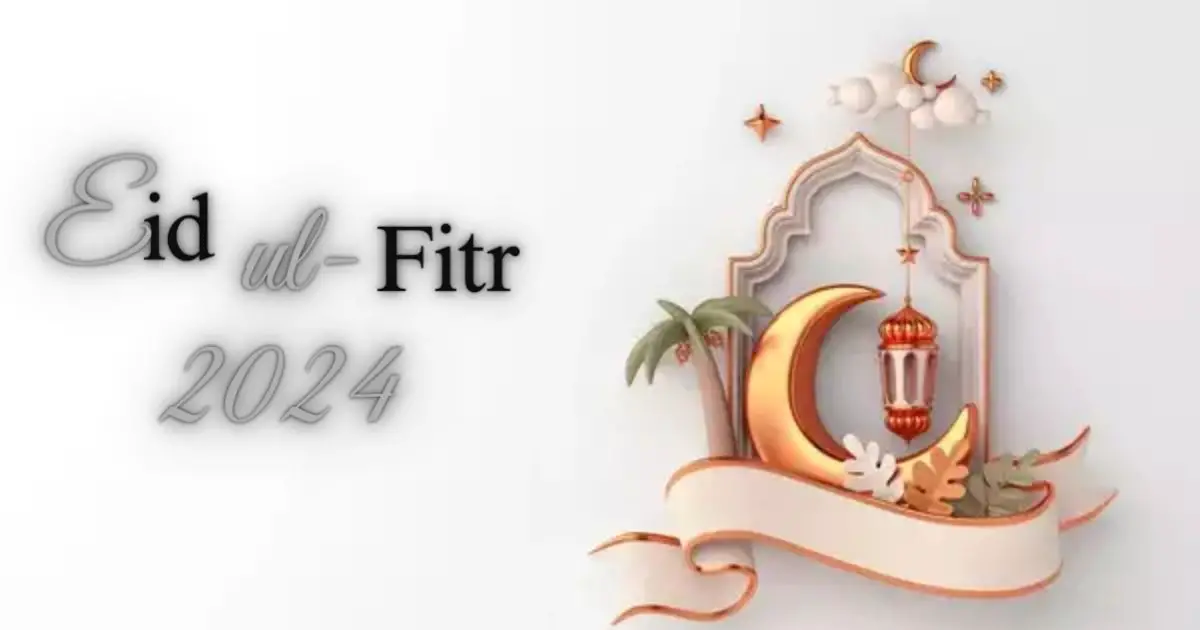Eid Mubarak” – these two words encapsulate the joy, unity, and spirituality that define Eid al-Fitr, one of the most significant festivals in the Islamic calendar. As Muslims around the world bid farewell to the month of Ramadan, they come together to celebrate the culmination of a month-long journey of fasting, prayer, and reflection. In this comprehensive exploration, we delve into the essence of Eid al-Fitr, its cultural significance, traditional practices, and universal message of compassion and generosity.
Understanding Eid al-Fitr: A Festive Occasion of Renewal
Eid al-Fitr, often referred to as the “Festival of Breaking the Fast,” marks the end of Ramadan, the holy month of fasting observed by Muslims worldwide. It falls on the first day of Shawwal, the tenth month of the Islamic lunar calendar, heralding a time of jubilation, gratitude, and spiritual renewal. Rooted in Islamic tradition and history, Eid al-Fitr carries profound cultural and religious significance for Muslims across diverse geographical and cultural landscapes.
The Spiritual Journey of Ramadan: A Prelude to Eid
Before delving into the festivities of Eid al-Fitr, it’s essential to reflect on the spiritual journey of Ramadan, which precedes it. Ramadan, the ninth month of the Islamic calendar, is a period of intense devotion, self-discipline, and spiritual introspection. Muslims observe fasting from dawn to sunset, abstaining from food, drink, and worldly indulgences as acts of obedience and spiritual purification. Throughout Ramadan, Muslims engage in increased prayers, recitation of the Quran, and acts of charity, seeking spiritual growth and divine blessings.
Eid al-Fitr: A Day of Celebration and Joy
As the crescent moon of Shawwal is sighted, signaling the end of Ramadan, Muslims eagerly anticipate the festivities of Eid al-Fitr. The day begins with the performance of Salat al-Eid, a special congregational prayer held at mosques, open spaces, and community centers. Dressed in their finest attire, families gather to offer prayers, supplicate for blessings, and seek forgiveness from the Almighty. The atmosphere resonates with joyful chants of “Allahu Akbar” (God is Great), fostering a sense of communal unity and spiritual fulfillment.
Traditions and Customs: Embracing Cultural Richness
Eid al-Fitr is characterized by a myriad of customs and traditions that vary across regions, reflecting the cultural diversity and richness of Muslim communities worldwide. Some common traditions include:
Eid Greetings: The exchange of heartfelt greetings and blessings is an integral part of Eid celebrations. Muslims greet each other with the traditional phrase “Eid Mubarak,” signifying “Blessed Eid,” accompanied by warm embraces and gestures of goodwill.
Charitable Giving: Zakat al-Fitr, or the “Fitrana,” is a mandatory charitable contribution given by Muslims before Eid prayers. This act of giving ensures that the less fortunate members of the community can also participate in the festivities by providing them with the means to celebrate Eid with dignity.
Feasting and Hospitality: Eid al-Fitr is synonymous with lavish feasts and culinary delights. Families gather to enjoy sumptuous meals, comprising traditional dishes and delicacies, symbolizing abundance, and generosity. It is also customary to extend hospitality to guests and neighbors, inviting them to participate in the joyful occasion.
Eid Gifts and Exchange: The exchange of gifts among family members, friends, and loved ones is a cherished tradition during Eid al-Fitr. From clothing and accessories to sweets and confectionaries, gifts are exchanged as tokens of affection and appreciation, fostering bonds of kinship and camaraderie.
Visiting Graves: In remembrance of departed loved ones, it is common for Muslims to visit the graves of family members on Eid al-Fitr. Through prayers and supplications, they honor the memory of the deceased and seek blessings for their souls in the afterlife.

Universal Message of Eid al-Fitr: Compassion, Unity, and Gratitude
Beyond its religious and cultural dimensions, Eid al-Fitr 2024 embodies a universal message of compassion, unity, and gratitude. It serves as a reminder of the importance of empathy towards the less fortunate, fostering a spirit of generosity and philanthropy. Furthermore, Eid al-Fitr transcends linguistic, ethnic, and geographical boundaries, uniting Muslims from diverse backgrounds in shared celebrations of faith and fraternity.
Conclusion
In essence, Eid al-Fitr represents a culmination of spiritual devotion, communal solidarity, and cultural expression. As Muslims worldwide come together to celebrate Eid, they embody the timeless values of compassion, generosity, and gratitude. Through acts of worship, charity, and fellowship, Eid al-Fitr serves as a beacon of hope and renewal, inspiring hearts and minds with its message of peace, love, and unity. Eid Mubarak to all, may the blessings of this auspicious occasion illuminate our lives and brin

